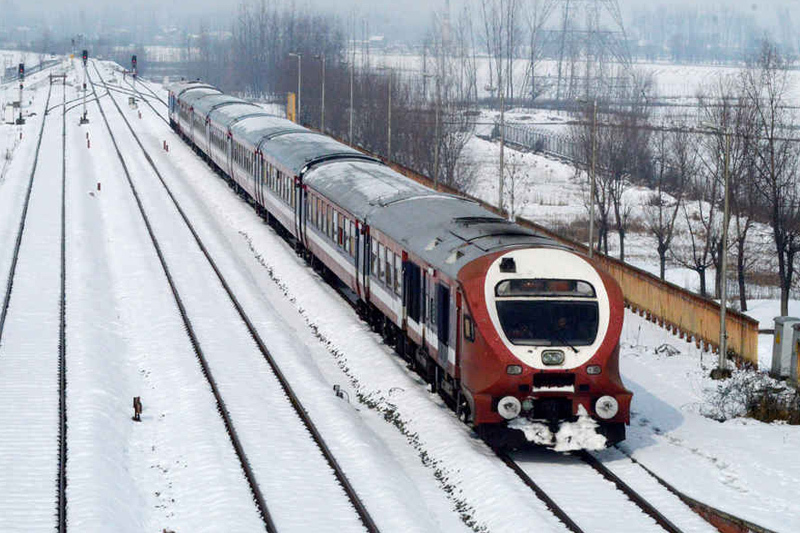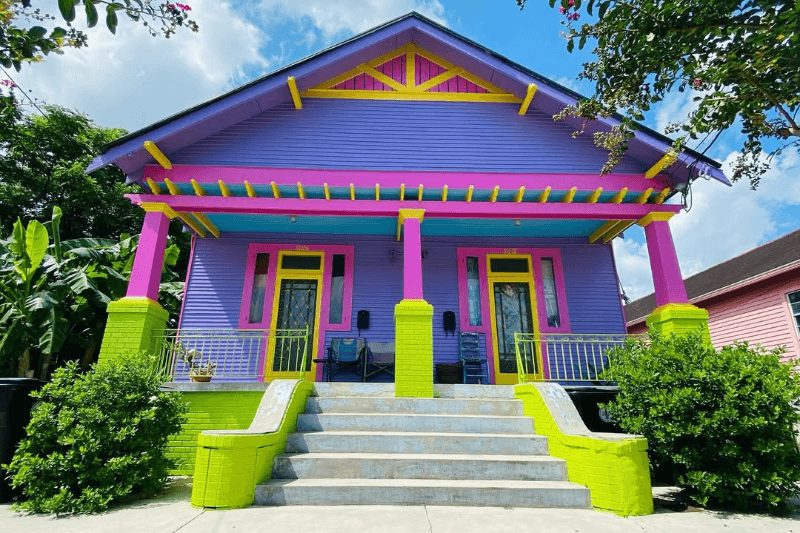
Highlighting Key Benefits Of Ambitious USBRL Project
More than 95% of the 272 km Udhampur-Srinagar-Baramulla rail link project (USBRL) has been finished. The Indian Railways is on the brink of a significant accomplishment. Once completed, the initiative will seamlessly connect the Kashmir Valley with the rest of India.
A direct train service between Srinagar and Jammu will provide substantial relief for commuters. Travel time will drop from six hours to a mere 3.5 hours. The task, however, has faced several challenges including geographical as the most severe ones.
Kashmir To Get First Direct Train From Jammu Soon
The USBRL project holds significant economic promises as well. Local economy benefiting from transportation of goods via train stays under the limelight, particularly the conveyance of horticulture items such as apples and various agricultural products from Jammu and Kashmir.
Vinod Kumar, the Public Relations Officer of the Northern Railways, is confident the project would be completed as scheduled, with an inauguration planned for December 2023 or January 2024. A Vande Bharat Metro between Jammu and Kashmir is also likely being planned.
The railway line from the capital New Delhi right now goes up only to Katra, following which there is a link between Banihal and Baramulla. Ongoing work on the line from Katra to Banihal is the Indian Railways’ most challenging project undertaken post-Independence.
The USBRL project, stretching over 119 km in length, features 38 tunnels. It also encompasses 927 bridges, including the iconic Chenab Bridge, the highest steel arch rail bridge in the world at a staggering 359 metres above the Chenab River.
Jammu and Kashmir’s Burgeoning Rail Infrastructure
In an effort to improve connectivity, the Indian Railways plans to introduce three additional Vande Bharat Express trains designated for Jammu and Kashmir. The launch date remains unspecified, however. Existing stations will be utilised initially.
But there is the possibility of establishing more railway stations in the region depending on the demand. Presently, Jammu and Kashmir features more than 36 stations, which have been continuously contributing to the region’s flourishing rail infrastructure.




